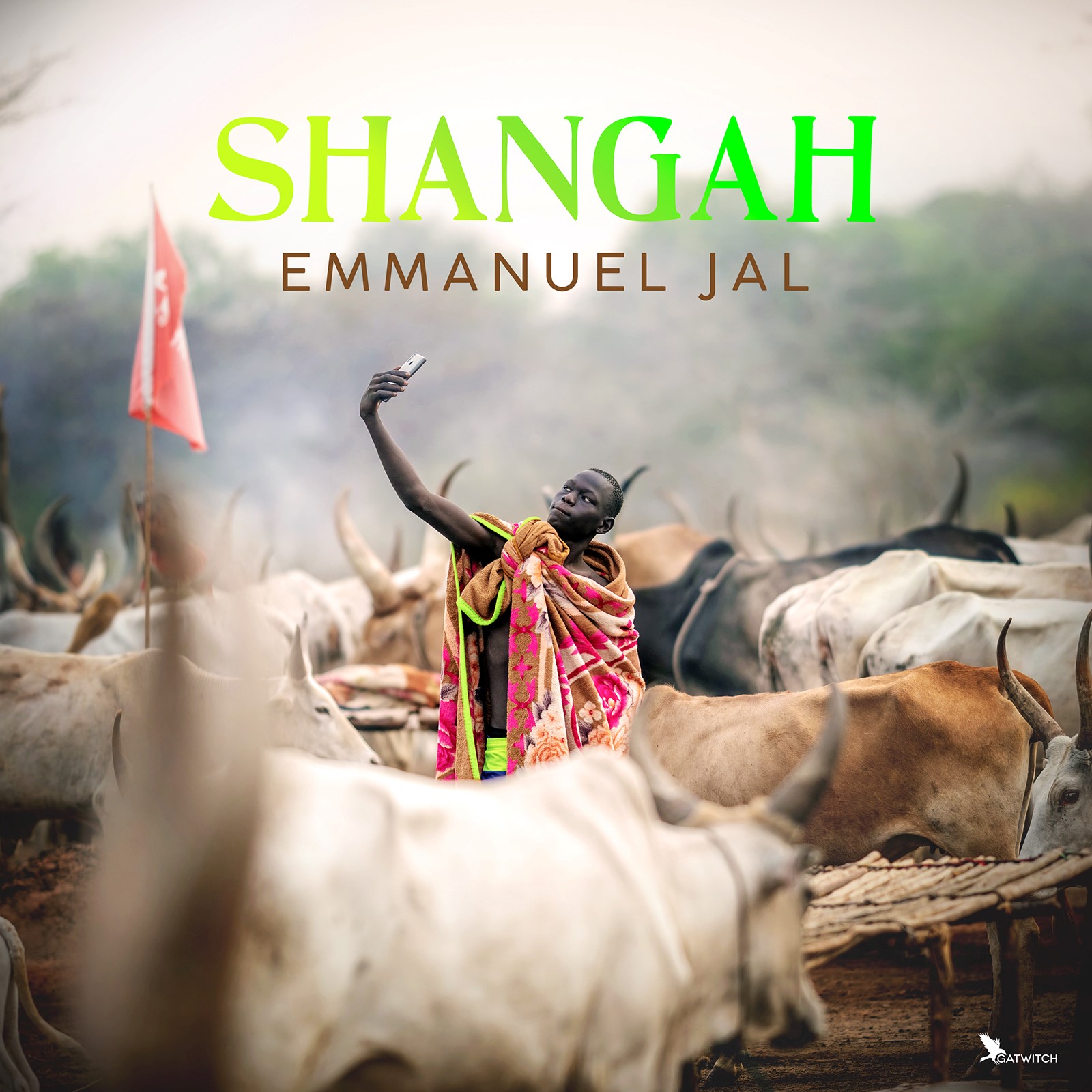
“Shangah means ‘I am or I have been’. The song and album reflects where I am, whilst recognizing where I have been. I want to create music which pays homage to my heritage, whist paving a positive way forward for my people.”
Jal releases his new 14 track album 'Shangah' today, through Gatwitch Records with distribution from Sudohits.
“These song have a futuristic feel, meant to re-wire the brain for a positive life. There are tracks like Lele which means ‘do it’, Shangah which means ‘I am or I have been’, Talking to me which offers healing for anyone going through a difficult time, as well as songs which celebrate who we are as a nation like Hey Mama. Every song has got something which gives my life a meaning. And in life if we don’t find a meaning in our suffering, we can exist to suffer. This album reflects where I am personally - but I hope it resonates with others too.”
The album's title track Shangah and new music video, combine South Sudanese lyrics with familiar Congolese rifts, offering up a catchy retro sounding track which Jal intends “the aunties and uncles to also dance to”. The video directed by Ogega Andere was filmed in downtown Nairobi, with the visuals capturing iconic images from the 1970s and 80s, alongside vintage fashion looks.
“I want the youth to be proud of our heritage, we don’t want to just copy whatever is in the charts, we can bring our own music to the masses.”
To echo the mix between the past and present, the album draws on Emmanuel’s roots with traditional rhythms and dialects from South Sudan, whilst crossing over to other popular sounds. Songs like ‘Ebul’ and ‘Ubuntu’ (an African term meaning I Am, We Are’), mixes South African Amapiano basslines with East African guitars. With the release of ‘Shangah’ - Emmanuel continues to carve a way forward for a distinct "South Sudanese sound," whilst balancing influences from Kenya and other African countries.
To craft this style, Jal worked alongside Kenyan producer Jesse Bukindu, with young, emerging South Sudanese artists like Check B on 'Hey Mama', MC Ghetto on 'Chagu' and Nubian Redd and Nyaruach on 'Lele'. Most of the songs also include powerful, female led South Sudanese hooks and choruses - typical of Emmanuel’s signature feel, to amplify the voices from his country.
Other tracks have already had an early remix release such as Chagu Chagu through Defected Records, featuring Henrik Schwarz and Mo Black, as well as Hey Mama through Afro house label Gondwana featuring DaCapo, FNX Omar and Suraj Kenya, forecasting the appeal this album will have with dance markets across the globe.
Album Photo Credit: Mike J.Iglesias



